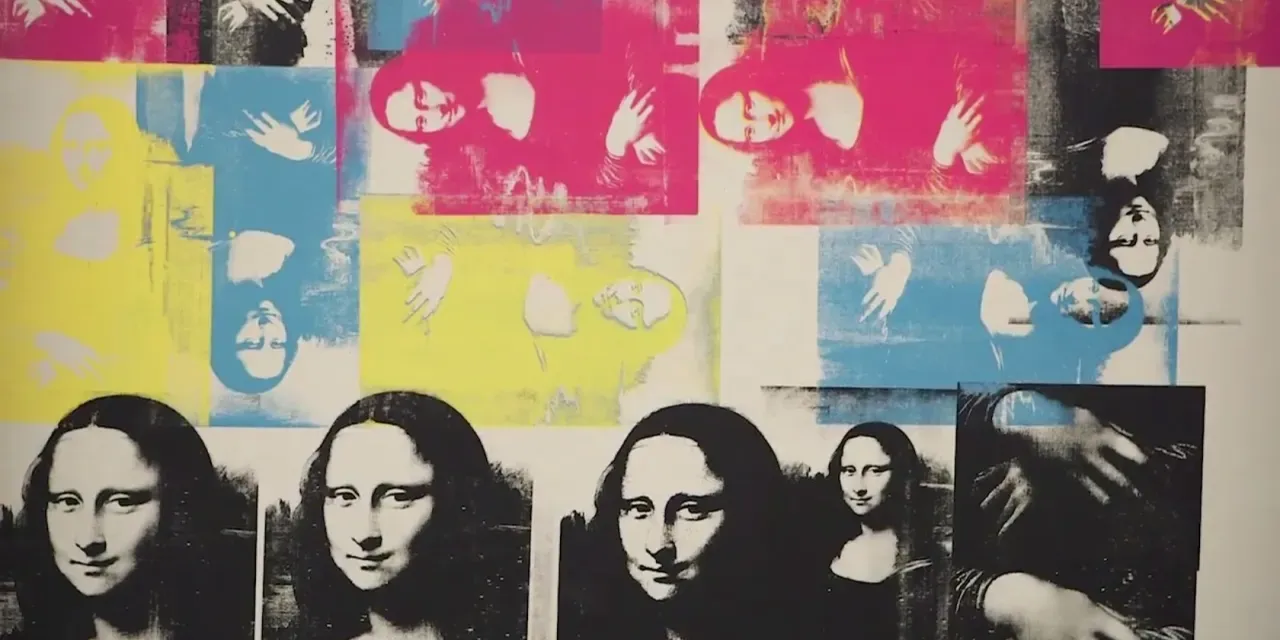Litblog Roundup 48

Show Don’t Tell
If you’ve ever taken a writing class, you’ve probably head the old adage, “how don’t tell.” It means you should prefer a visual description over a more verbal one in your prose. But why is this the preference? Namatra Poddar explores the issue in an essay, “ Is ‘Show Don’t Tell’ a Universal Truth or a Colonial Relic? ” In the essay you’ll find:
“a brief sampler on a multifaceted use of orality that challenges the boundaries of a more standard Euro-American literary English with its emphasis on brevity, clarity, and good grammar. In playing persistently with language, sounds and syntax, multiethnic fiction does not shy away from “writing in scenes,” however, it does dethrone the reign of eyesight to stress the importance of other senses in fiction, and hearing in particular.”
What Are You Reading?
During a question and answer session at a reading this weekend, someone in the audience asked a great question of the writers: “What are you reading lately?” It is a great question, but what if you’re not reading anything at the moment? Is anybody brave enough to say “no, I’m not reading anything much?” If so, why not? Amy Hungerford has this bravery.
The activity of nonreading is something that scholars rarely discuss. When they — or others whose identities are bound up with books — do so, the discussions tend to have a shamefaced quality. Blame “cultural capital” — the sense of superiority associated with laying claim to books that mark one’s high social status.
Hungerford adds, part of the reason to engage in “nonreading” is that everything is already curated for the reader by market powers.
Trusting the literary press and the mechanisms of the market to curate the books we read and study is to hand over whole regions of literary curiosity and judgment before one even picks up a book.
What if those market powers operate by algorithm? Does that make them more or less trustworthy?
Algorithms Could Save Book Publishing—But Ruin Novels
Over four years, Archer and Jockers fed 5,000 fiction titles published over the last 30 years into computers and trained them to “read”—to determine where sentences begin and end, to identify parts of speech, to map out plots. They then used so-called machine classification algorithms to isolate the features most common in bestsellers.
The result of their work—detailed in The Bestseller Code, out this month—is an algorithm built to predict, with 80 percent accuracy, which novels will become mega-bestsellers . What does it like? Young, strong heroines who are also misfits (the type found in The Girl on the Train, Gone Girl, and The Girl with the Dragon Tattoo). No sex, just “human closeness.” Frequent use of the verb “need.” Lots of contractions. Not a lot of exclamation marks. Dogs, yes; cats, meh. In all, the “bestseller-ometer” has identified 2,799 features strongly associated with bestsellers.
Is Cultural Appropriation a Bad Thing and Why?
Lately, irascible academics and armchair media pundits alike have taken up a kind of crusade against cultural appropriation in any form whatsoever . Some of this is for good reason, but has it gone too far? Lionel Shirver believes so. I’ve appropriated a passage of her speech, verbaitm, below, even though I do not share her gender or status. I apologize for my crime in advance.
In the latest ethos, which has spun well beyond college campuses in short order, any tradition, any experience, any costume, any way of doing and saying things, that is associated with a minority or disadvantaged group is ring-fenced: look-but-don’t-touch. Those who embrace a vast range of “identities” - ethnicities, nationalities, races, sexual and gender categories, classes of economic under-privilege and disability - are now encouraged to be possessive of their experience and to regard other peoples’ attempts to participate in their lives and traditions, either actively or imaginatively, as a form of theft.
Yet were their authors honouring the new rules against helping yourself to what doesn’t belong to you, we would not have Malcolm Lowry’s Under the Volcano. We wouldn’t have most of Graham Greene’s novels, many of which are set in what for the author were foreign countries, and which therefore have Real Foreigners in them, who speak and act like foreigners, too.
Cultures mix together from time to time and that’s a good thing. It’s how we manage to evolve together.
Oh No, There’s Ice Cream on my Books
Summer’s over now, so the ice cream might go away. In fact, some ice cream has started to melt on these books .